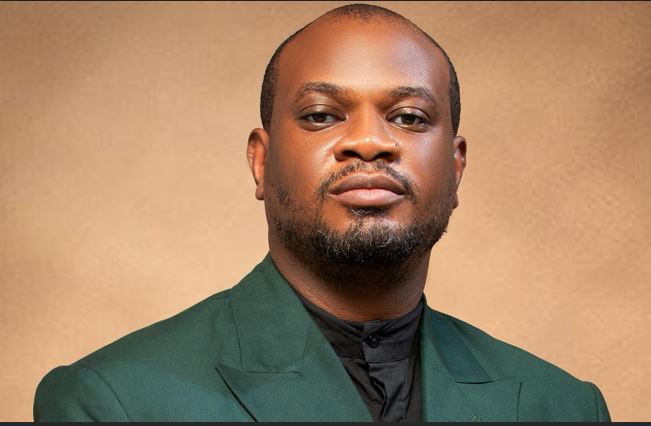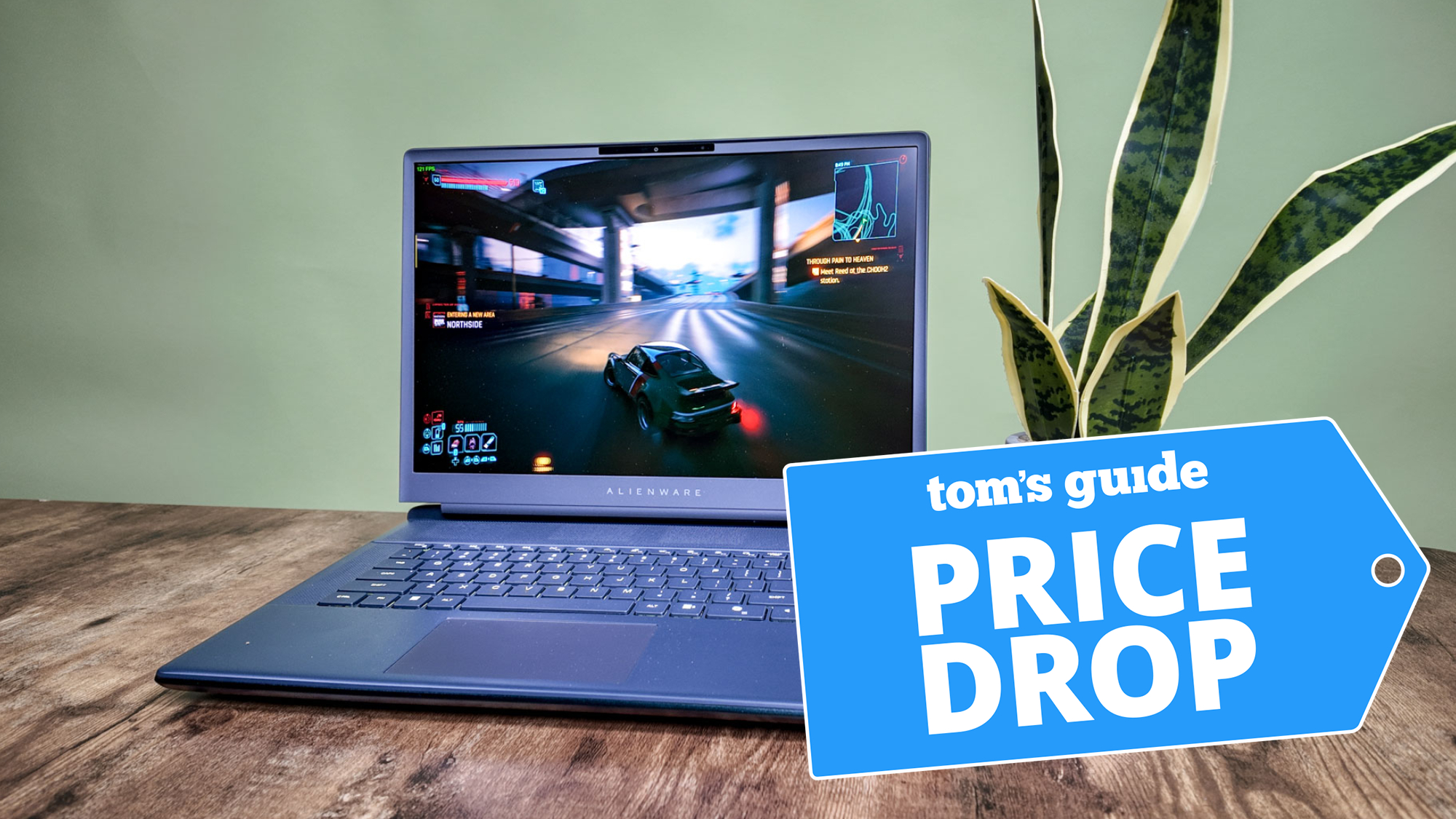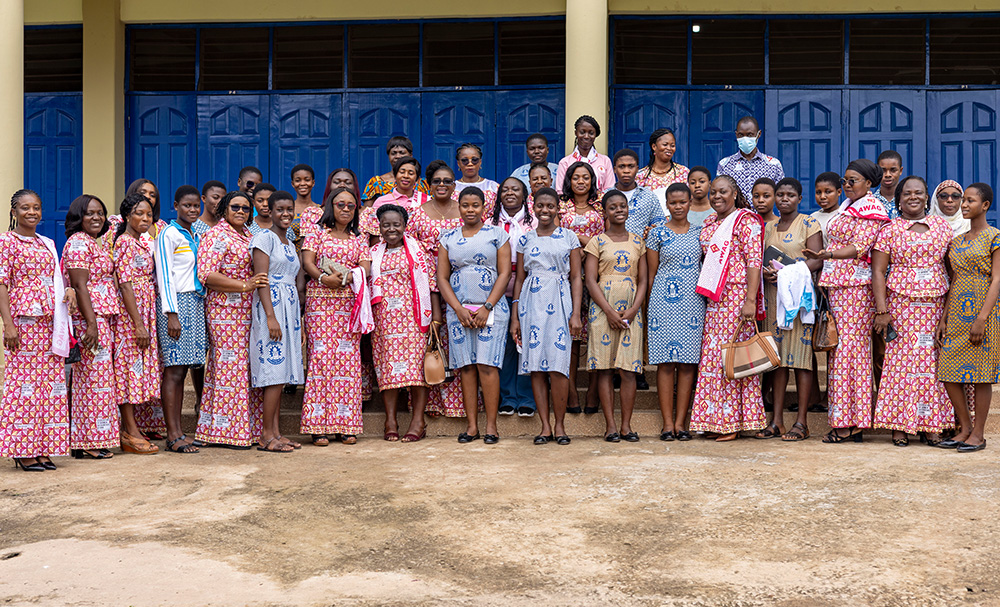By Olusegun Abisoye
Copyright independent

Can you share the moment you realised leaving corporate work for EdTech was the right step?
It wasn’t an easy choice, I had family responsibilities, children to raise, and bills to pay. But EdTech called me to a higher purpose, one rooted in legacy. My late father was an educator, and decades after his passing, people still speak of the impact he made. When corporate work no longer filled me with passion or drive, I knew it was time to carry that torch. I stepped into the unknown, armed with years of experience and faith in myself. That was the turning point, and I’ve never looked back.
Why did you choose to focus on multiple curricula instead of specialising in one system?
Because our mission is bigger than one system. We want to touch as many African minds as possible, both on the continent and in the diaspora. By offering British, American, Nigerian, Canadian, and Irish curricula, we ensure children everywhere can access world-class tutors while staying connected to their context. This isn’t just about profitability, it’s about leaving a legacy that outlives me.
In working with underserved learners, which story has stayed with you the most?
There are many, but one in particular was a child with developmental delay who could neither read nor write. We paired him with a specialist tutor, and within months, his progress was remarkable. His confidence soared, his parents wept with joy, and his teachers noticed the change. That experience reminded me why our 1:1 model matters: every child learns at their own pace, and when given the chance, they can thrive.
Where do you see the biggest resistance to digital learning, and how do you respond to it?
The biggest resistance often comes from two places: lack of trust in online education, and limited digital literacy among parents. Many still believe that “real learning” only happens in a physical classroom. Our response has been simple but effective, demonstrate results. When parents see their children excelling in exams, building confidence, and even learning coding or languages online, scepticism fades. We also run awareness sessions to guide parents through the platforms, making them comfortable with the digital process.
Some founders chase investors first. Why did you prioritise building traction before scale?
Because in Nigeria, we’ve seen too many startups raise money for ideas that never worked in practice. I wanted Edswot to prove it could stand on its own. We built traction, made revenue, and validated our model before seeking investors. That way, we’re not just begging for capital; we’re choosing the right partners who believe in our vision.
When resources were tight at the start, how did you keep the company moving?
My background in sales and data analysis was crucial. I broke the numbers down, planned every step, and ensured we ran lean. We leaned heavily on technology, avoided unnecessary hires, and I personally picked up new skills, digital marketing, finance, and operations. By month two, we were already profitable. Discipline and creativity kept us afloat.
How do you balance the role of profit with the responsibility of community support?
For us, profit and purpose are not rivals — they are partners. We run a sustainable model that funds growth, but we also reinvest into scholarships, subsidised learning, and cultural preservation through indigenous languages. Every naira earned fuels both business stability and social transformation. That balance is our DNA.
In dealing with sceptics, which criticism pushed you to improve your model?
Investors often told me EdTech can’t scale globally, and some doubters asked why I was even bothering with such a “difficult” road. That criticism lit a fire in me. It pushed us to refine our model, gather data, and show proof of results. Today, our growth and testimonials prove that not only is EdTech viable, it’s unstoppable.
If you had to restart Edswot today, which decision would you make differently?
Honestly, none. Edswot has grown beyond even our original plan. The journey, with all its challenges and surprises, has shaped us into what we are today. If I had to do it all over again, I wouldn’t change a thing.
Why do you see education as both a business and a social mission?
That seed was planted by my late father, Emmanuel Gbenupo Akapo, a respected vice principal in Lagos State schools. He didn’t just teach; he shaped lives, instilled discipline, and inspired generations. Watching his legacy live on showed me that education is never just about books, it’s about character, vision, and opportunity. For me, Edswot is both livelihood and legacy: a way to impact lives globally while sustaining a business that will outlast me.



